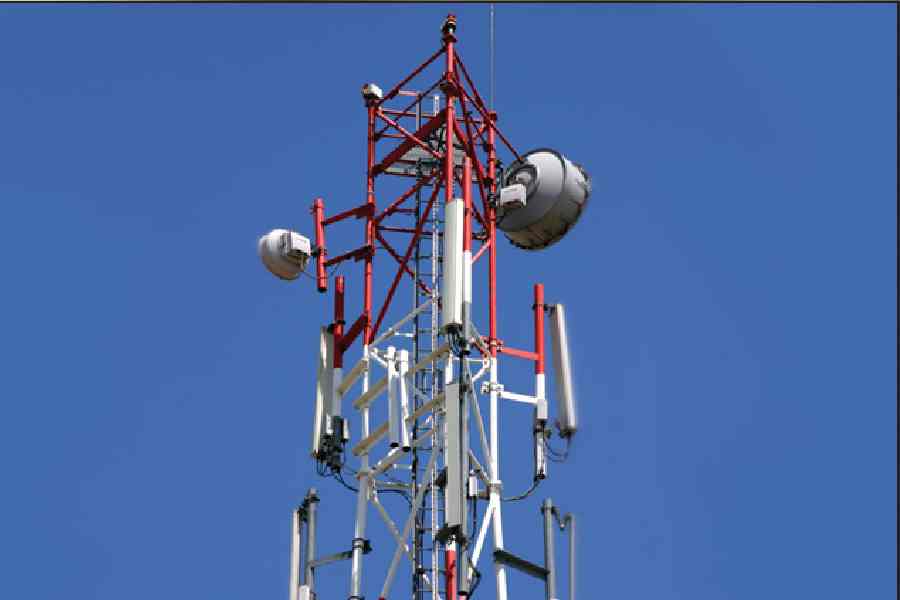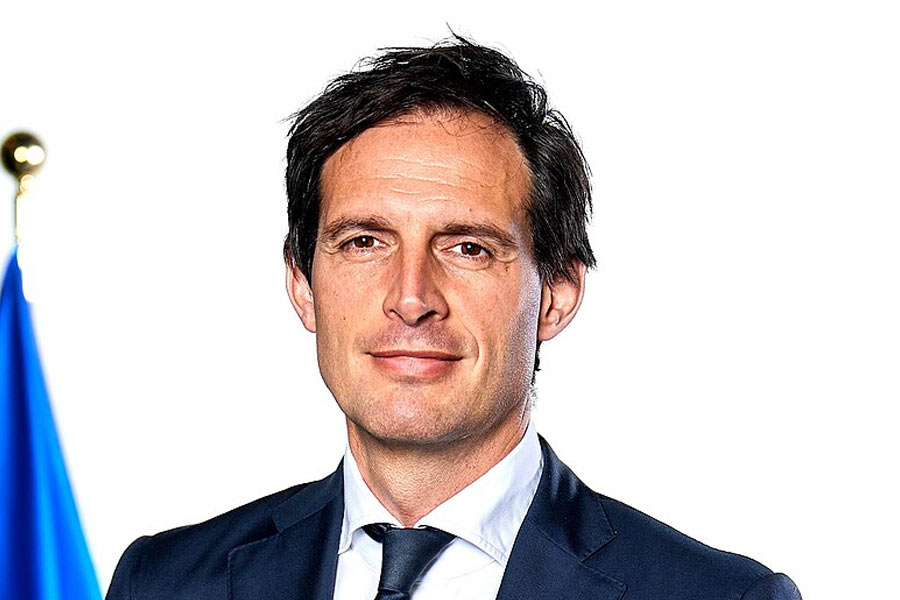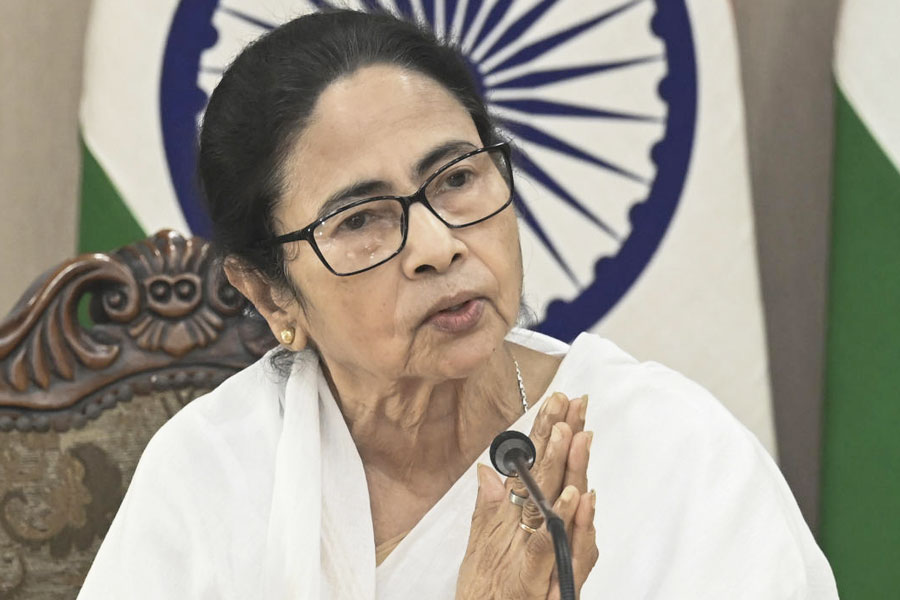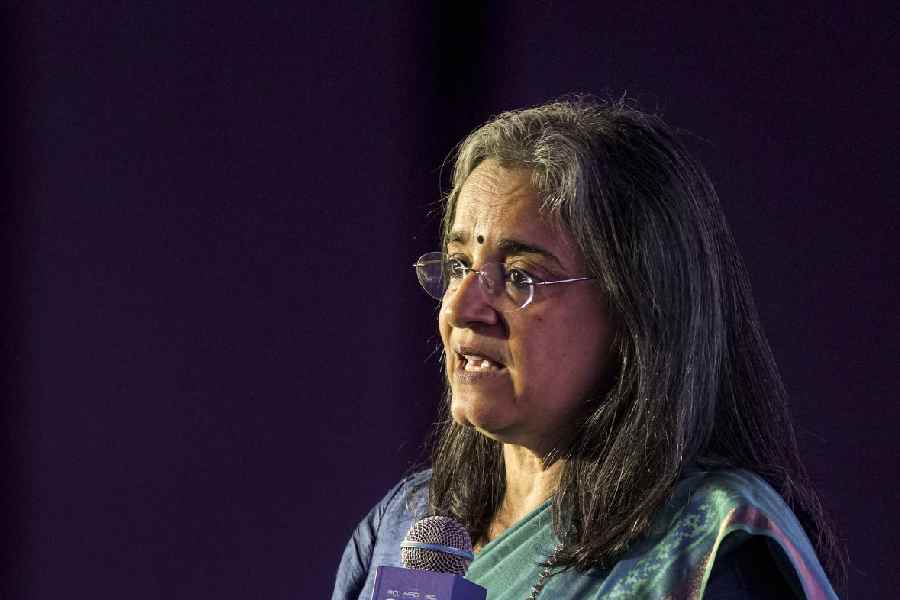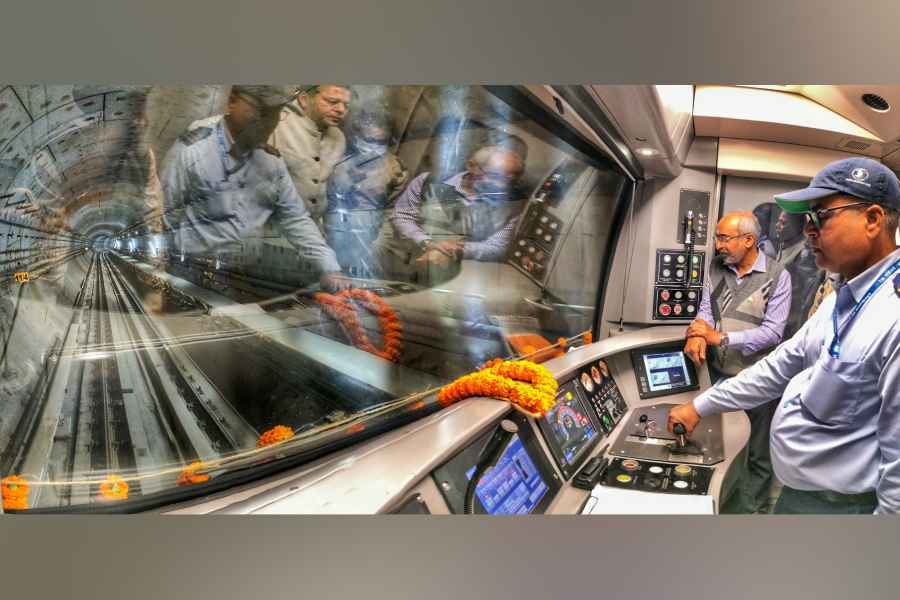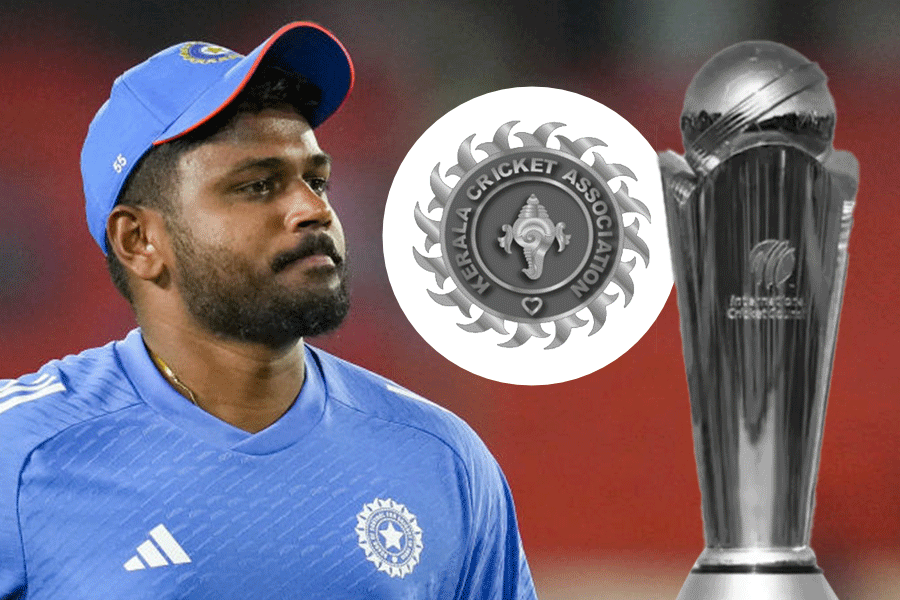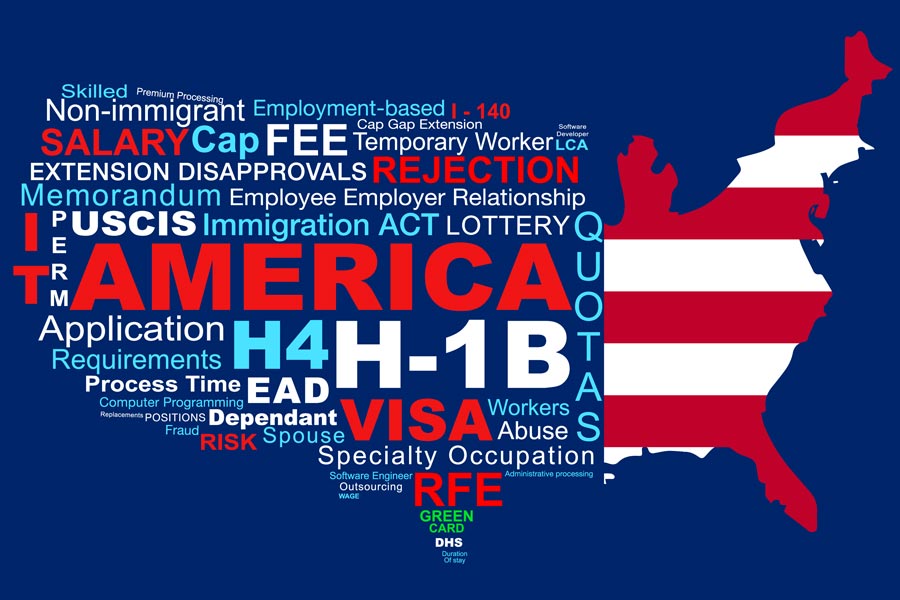The Supreme Court on Wednesday ruled mobile services providers (MSPs) are entitled to claim Cenvat (central value added tax) credit on excise duties paid on mobile towers, its parts thereof and prefabricated buildings (PFBs) in terms of Rule 3 of the Cenvat Rules, 2004.
The credit so claimed can be used to pay service tax for the output services rendered by MSPs.
Wednesday’s ruling will benefit players such as Bharti Airtel, Vodafone-Idea, Indus Towers and Reliance Communications.
A bench of Justice B.V. Nagarathna and Justice N Kotiswar Singh passed the judgment while dealing with a batch of cross appeals filed by telecom firms and the Commissioner of Central Excise challenging the conflicting verdicts passed by the Bombay and Delhi High Courts.
Allowing the pleas of the mobile operators, Justice Kotiswar Singh who authored the judgment said MSPs are entitled to claim credit for the payment of service tax on the output services rendered by them.
“Having held that the tower and pre-fabricated buildings (PFBs) are ‘goods’ and not immovable property and since these goods are used for providing mobile telecommunication services, the inescapable conclusion is that they would also qualify as ‘inputs’ under Rule 2(k) for the purpose of credit benefits under the Cenvat rules,” the court said.
The Cellular Operators Association of India (COAI) welcomed the judgment, emphasising its importance in alleviating the financial strain on telecom players.
“This landmark judgment affirms the telecom industry’s right to claim tax credits
for duties paid on towers and their components, including green shelters,” said S.P. Kochhar, director-general of the COAI.
“By ensuring fairness and consistency in taxation, the decision reduces the financial burden on the sector and enables compliance with regulatory requirements.”
Manoj Kumar Singh, director-general of the Digital Infrastructure Providers Association, highlighted the broader implications of the ruling.
“This decision provides crucial financial relief to the backbone of India’s digital revolution,” Singh said.
“It reflects years of advocacy to recognise telecom towers as essential machinery, reaffirming their critical role in enabling digital connectivity.”
The decision overturns a 2014 Bombay High Court ruling that had excluded these items from the Cenvat credit regime. The credits, which allow companies to offset taxes paid on inputs, are seen as a significant financial mechanism for reducing costs in the capital-intensive telecom sector.

